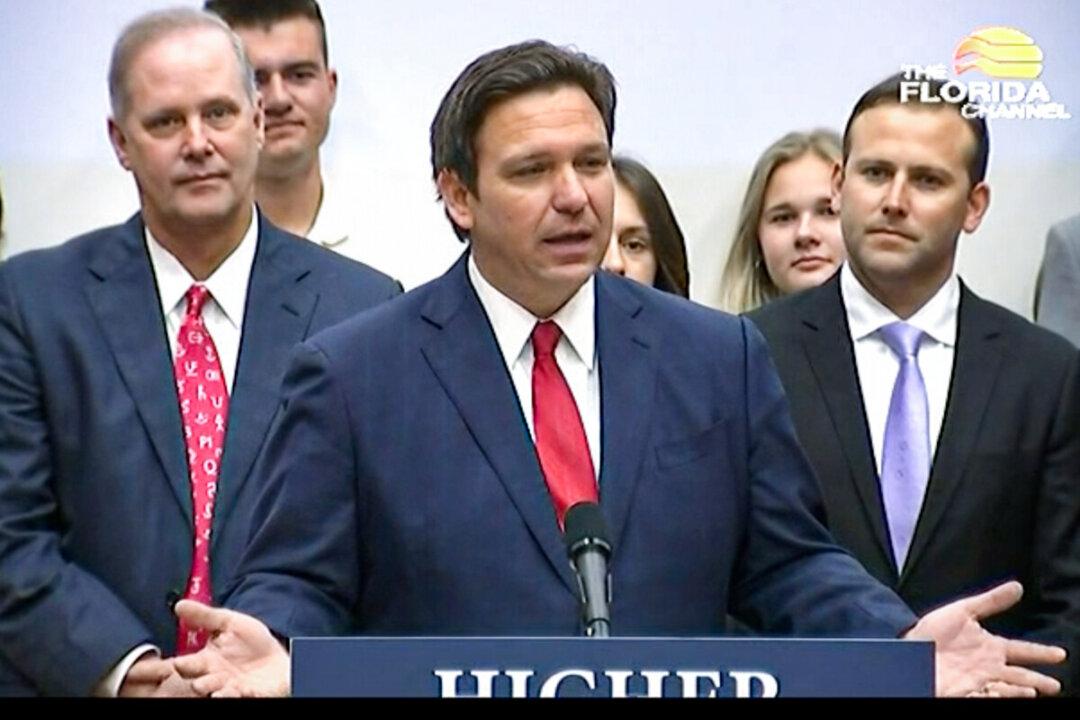PUNTA GORDA, Fla.–Both chambers of the Florida legislature approved a new legislative package geared toward rising property insurance rates, created a $2 billion reinsurance fund. and wrote new rules around coverage denials and what attorneys are able to charge during litigation. As hurricane season looms, the measure now heads to Gov. Ron DeSantis’s desk for approval.
The Republican-controlled Senate voted 30-9 on May 24 for the property insurance bill SB-2-D and SB-4-D sponsored by Republican State Sen. Jim Boyd in the hope of lessening the upfront insurance costs for homeowners by lowering premiums and addressing roof repairs. Rep. Jay Trumbull sponsored the House versions HB 1D and HB 3D that passed 95-14 on May 25. Supporters said that it was a good “first step” in an effort to “stabilize the market” and attract insurance carriers back to Florida. Both Chambers signed their respective bills on May 25 and sent it to the governor’s office on May 26.
“The bill before us isn’t perfect and doesn’t purport to answer every question or solve every problem but offers a balanced solution,” Trumbull said during the House hearing. “It’s a bill that fights fraud without disenfranchising consumers. It helps Florida’s domestic insurance companies without rewarding corporate mismanagement. It’s a bill that provides help for homeowners without endangering the stability of the insurance market.”
Opponents of the bill said it only “bails out the industry” without providing relief to homeowners from high premiums and canceled policies throughout the state.
“This is a milquetoast attempt at reform that fails to live up to the urgency of our moment,” said Democratic Rep. Andrew Learned, at a press conference after the vote. “This is a tiptoe in the right direction but make no mistake–this bill will not result in lower premiums. It will not prevent more Floridians from having their coverage drop when their insurance company goes under. And it won’t change the underlying problem that storms are becoming more frequent and more severe because of climate change.”




